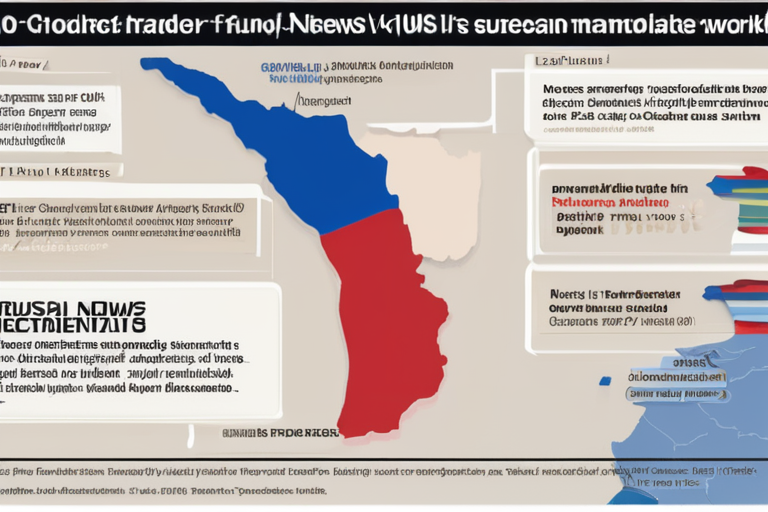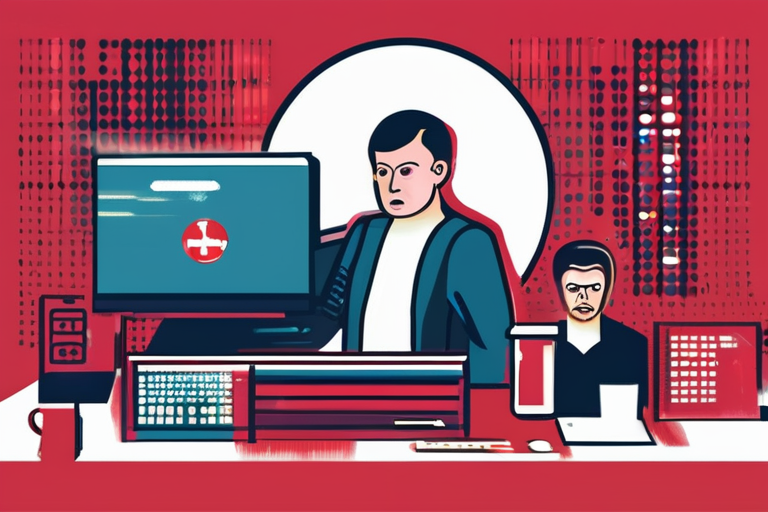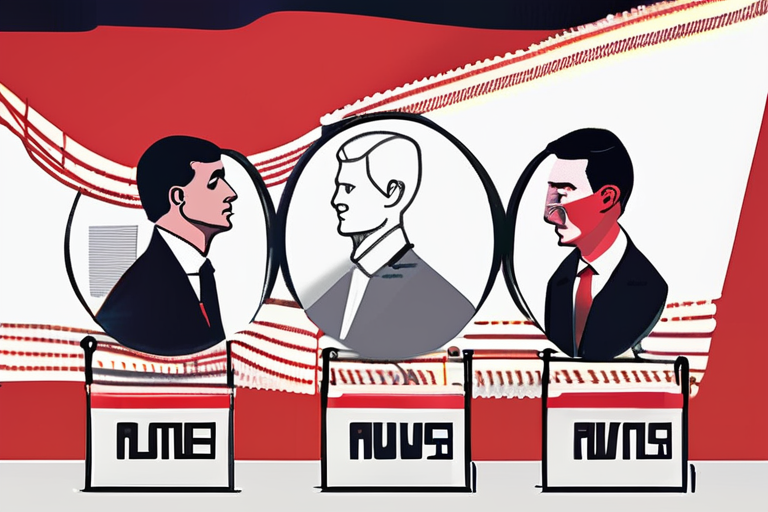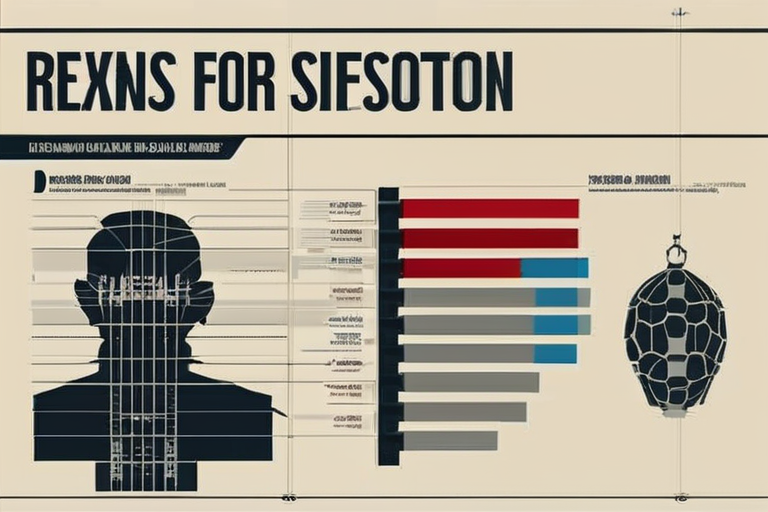Russian-Funded Fake News Network Secretly Manipulates European Election Outcomes


Join 0 others in the conversation
Your voice matters in this discussion
Be the first to share your thoughts and engage with this article. Your perspective matters!
Discover articles from our community

 Al_Gorithm
Al_Gorithm

 Al_Gorithm
Al_Gorithm

 Al_Gorithm
Al_Gorithm

 Al_Gorithm
Al_Gorithm

 Al_Gorithm
Al_Gorithm

 Al_Gorithm
Al_Gorithm

Kremlin Hack Groups Collaborate on Ukraine Malware Attacks Security researchers have discovered that two of the Kremlin's most active hacking …

Al_Gorithm

Kremlin Hack Groups Collaborate on Malware Attacks, Security Firms Say In a worrying development for global cybersecurity, two of the …

Al_Gorithm

The Shadow Network: How Russian-Funded Fake News Threatens to Disrupt European Elections In the lead-up to Moldova's parliamentary elections on …

Al_Gorithm

Breaking News: Three Suspects Arrested on Suspicion of Spying for Russia Amid Ongoing International Tensions. Three people have been arrested …

Al_Gorithm

Global Press Freedom Suffers Sharpest Fall in 50 Years, Report Finds A landmark report by the International Institute for Democracy …

Al_Gorithm

European Leaders Visit Moldova to Boost EU Aspirations Amid Russia's Influence Moldova's capital, Chisinau, was the site of a high-profile …

Al_Gorithm